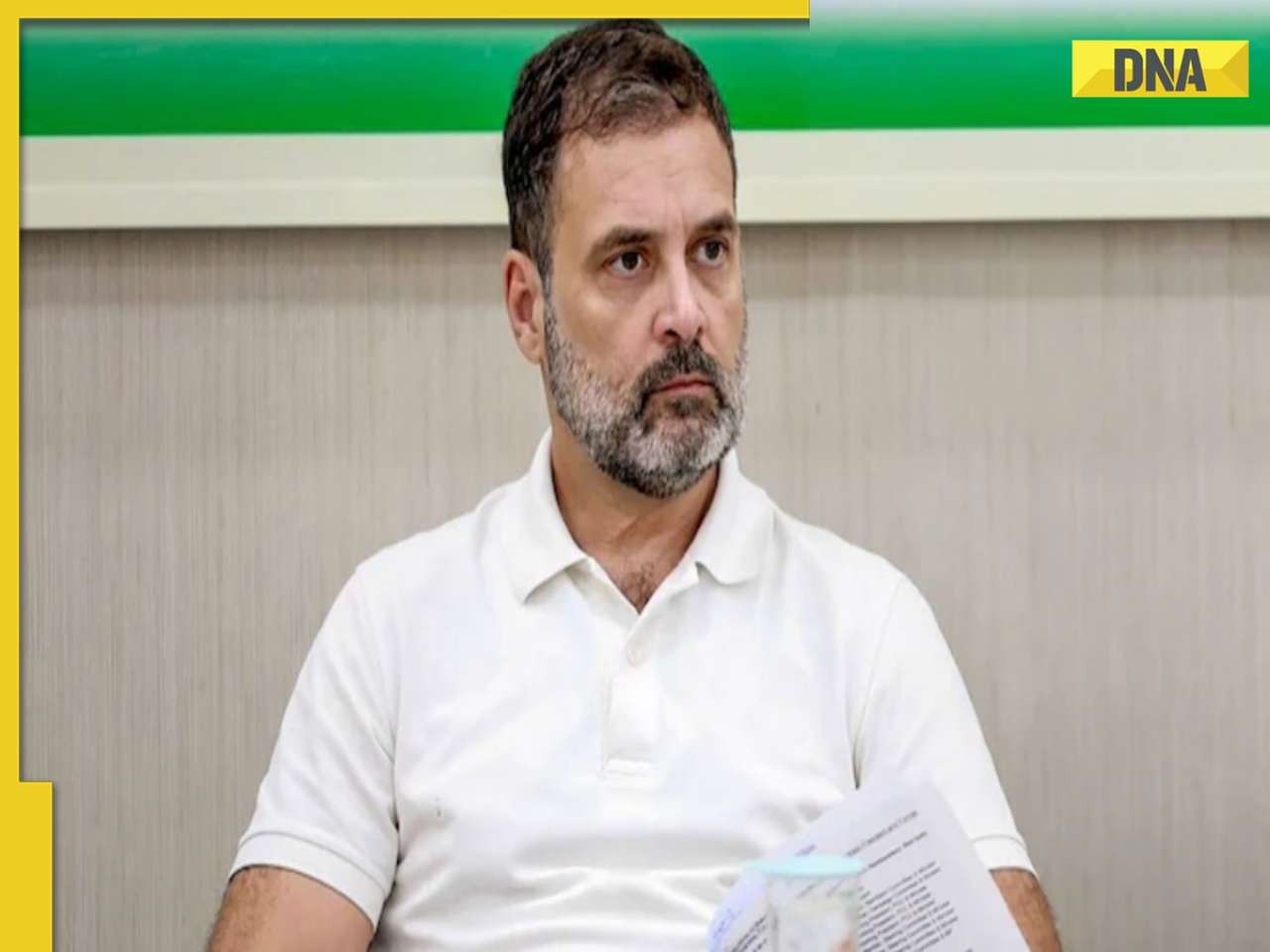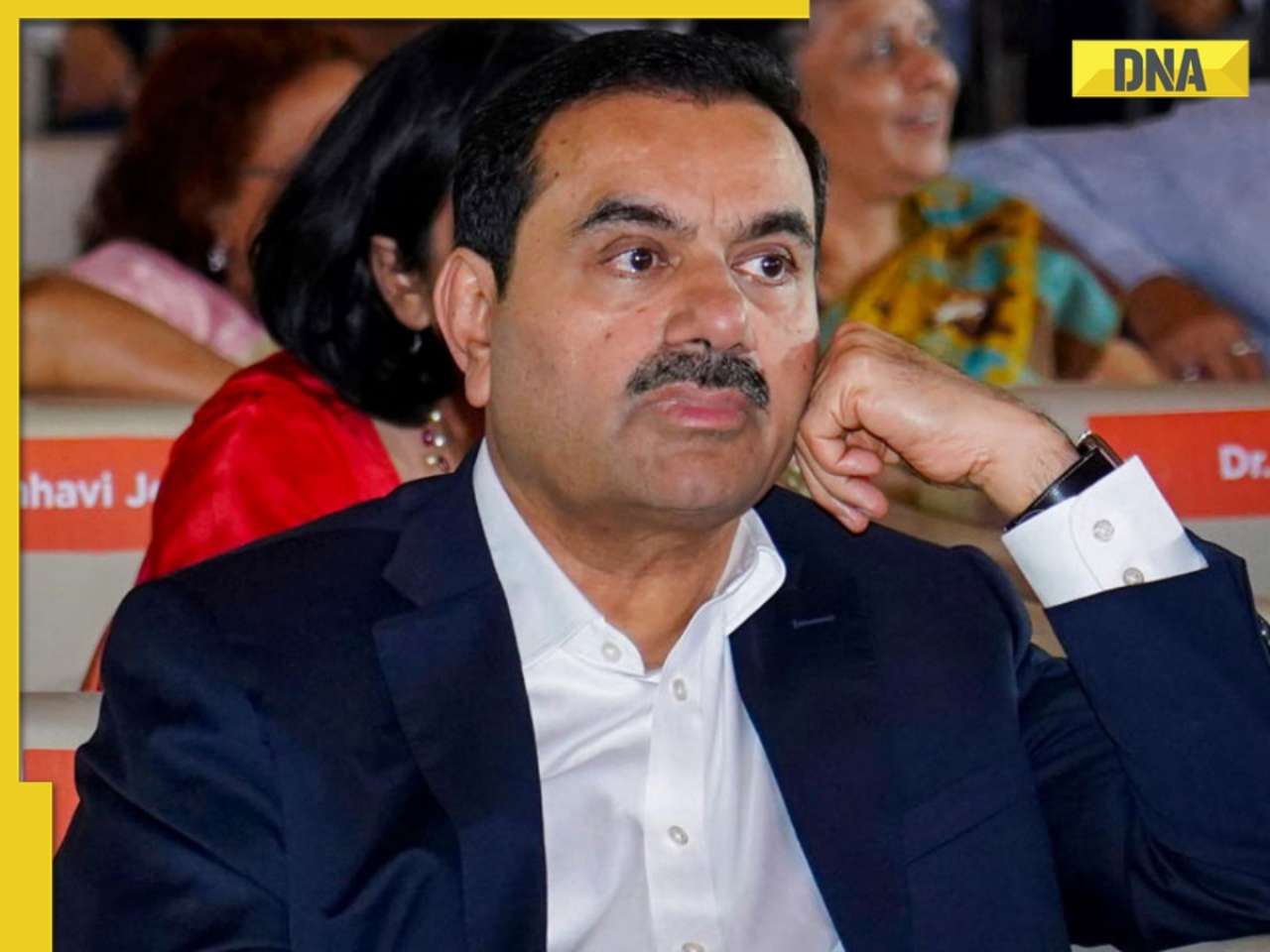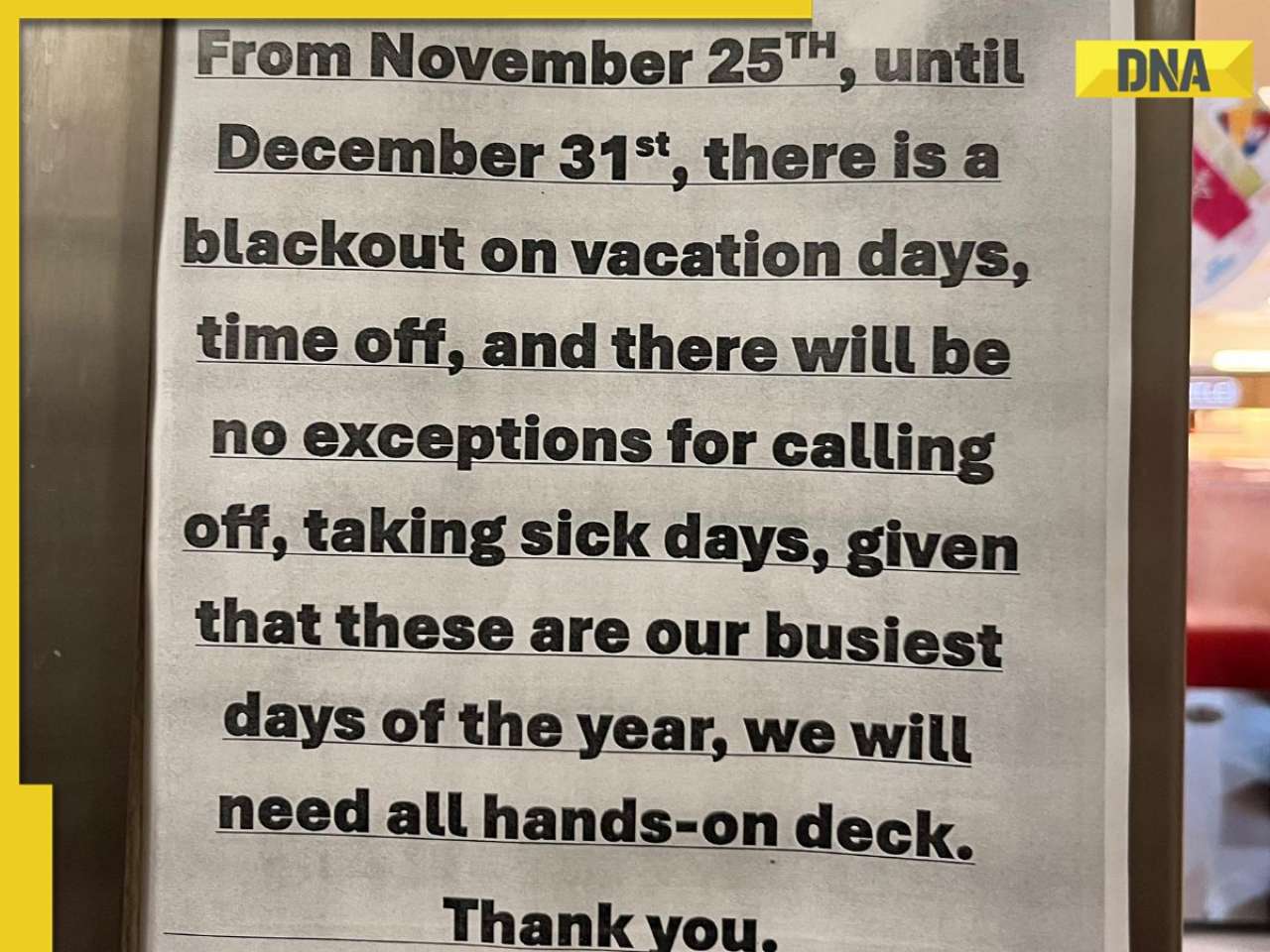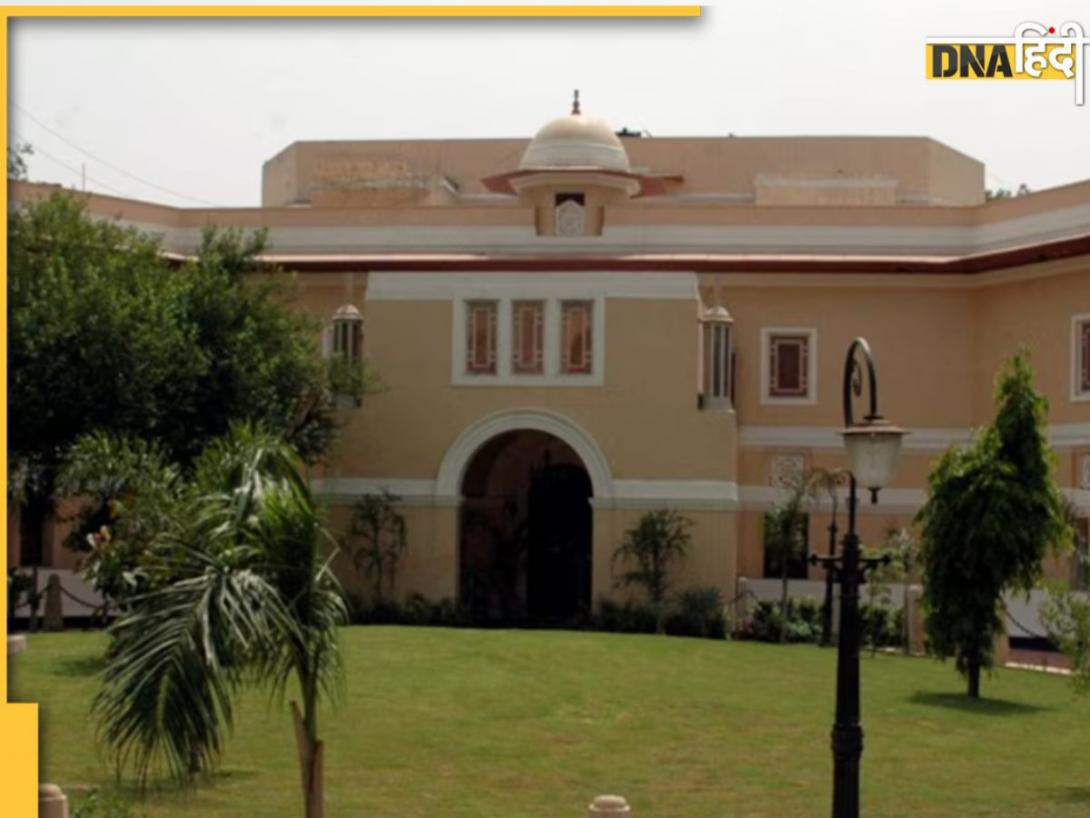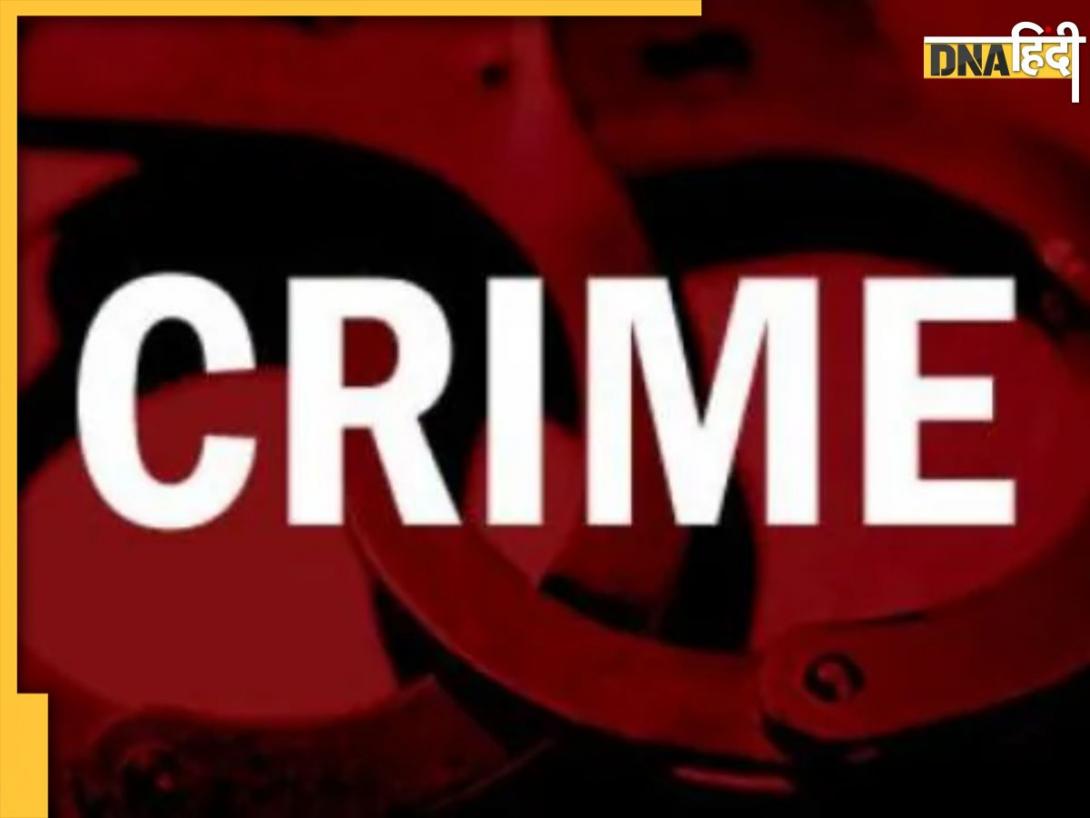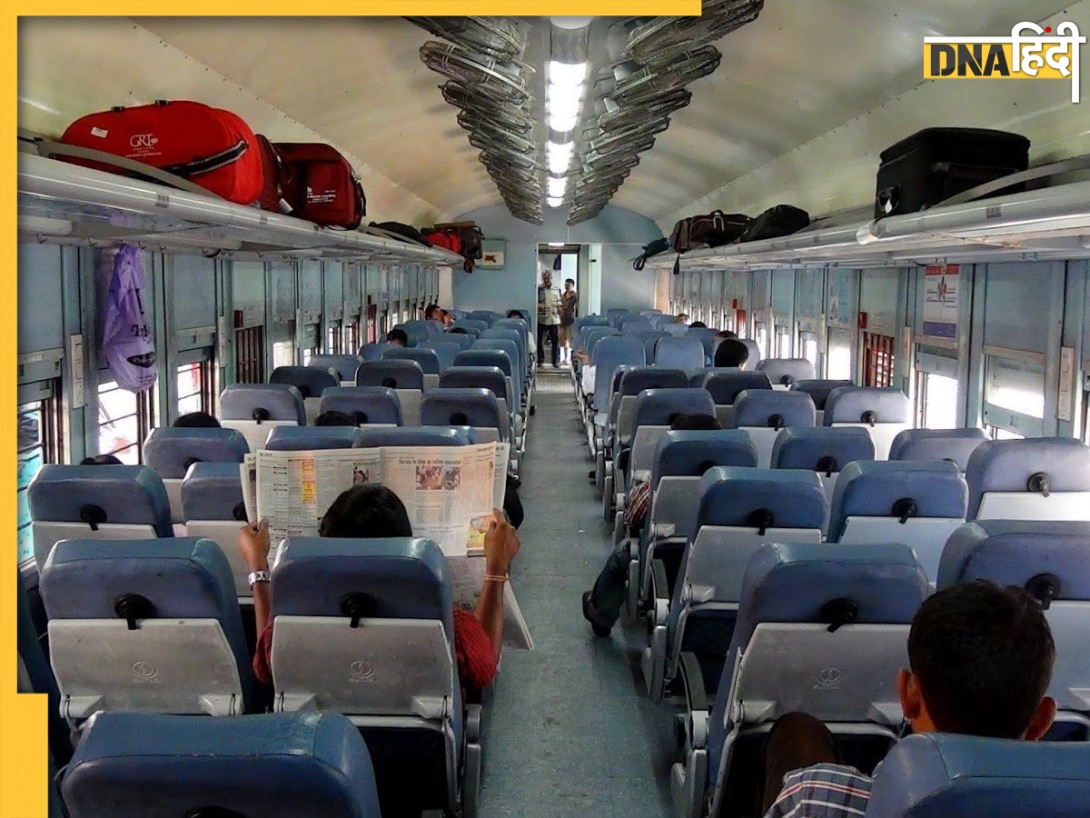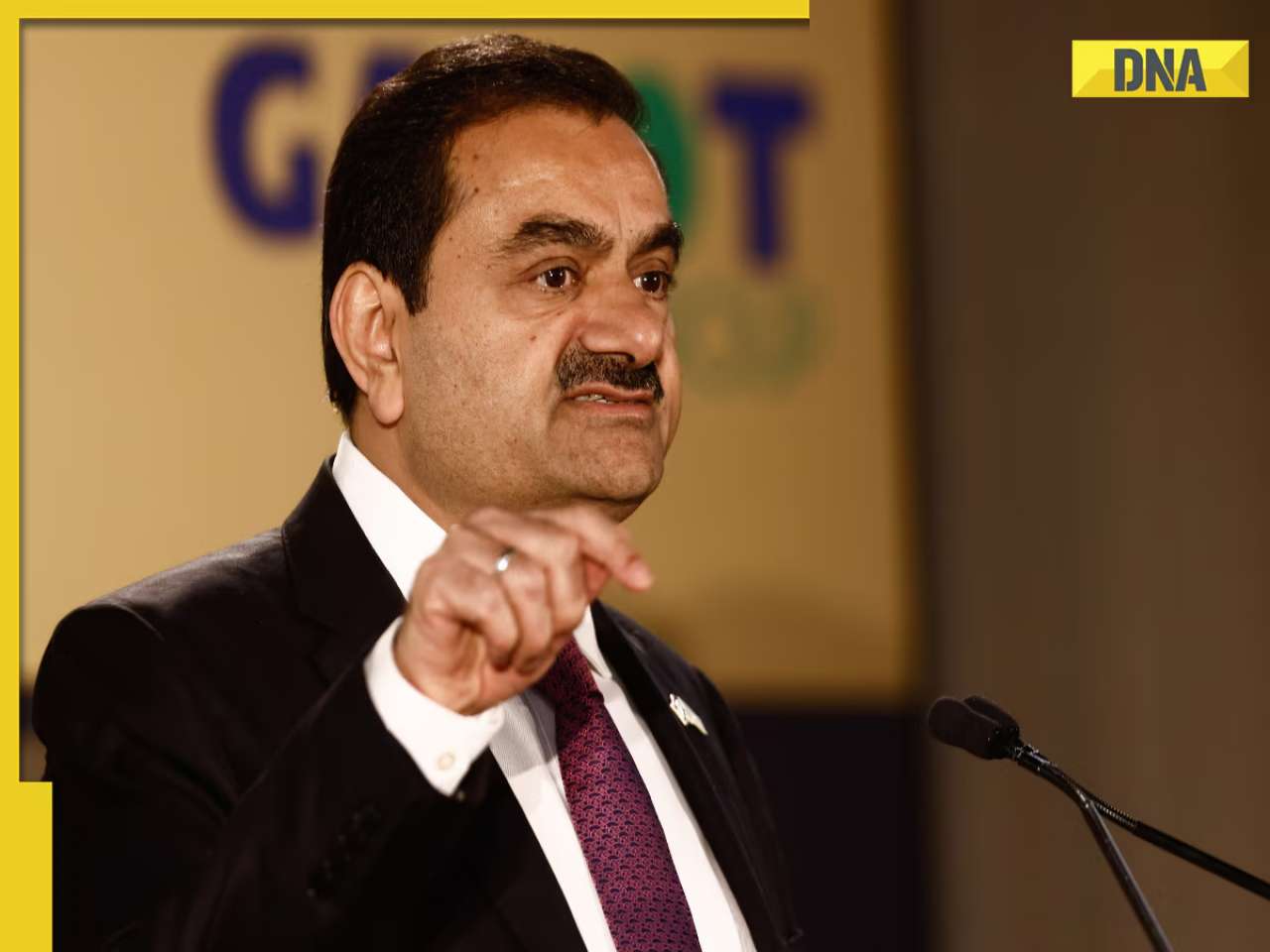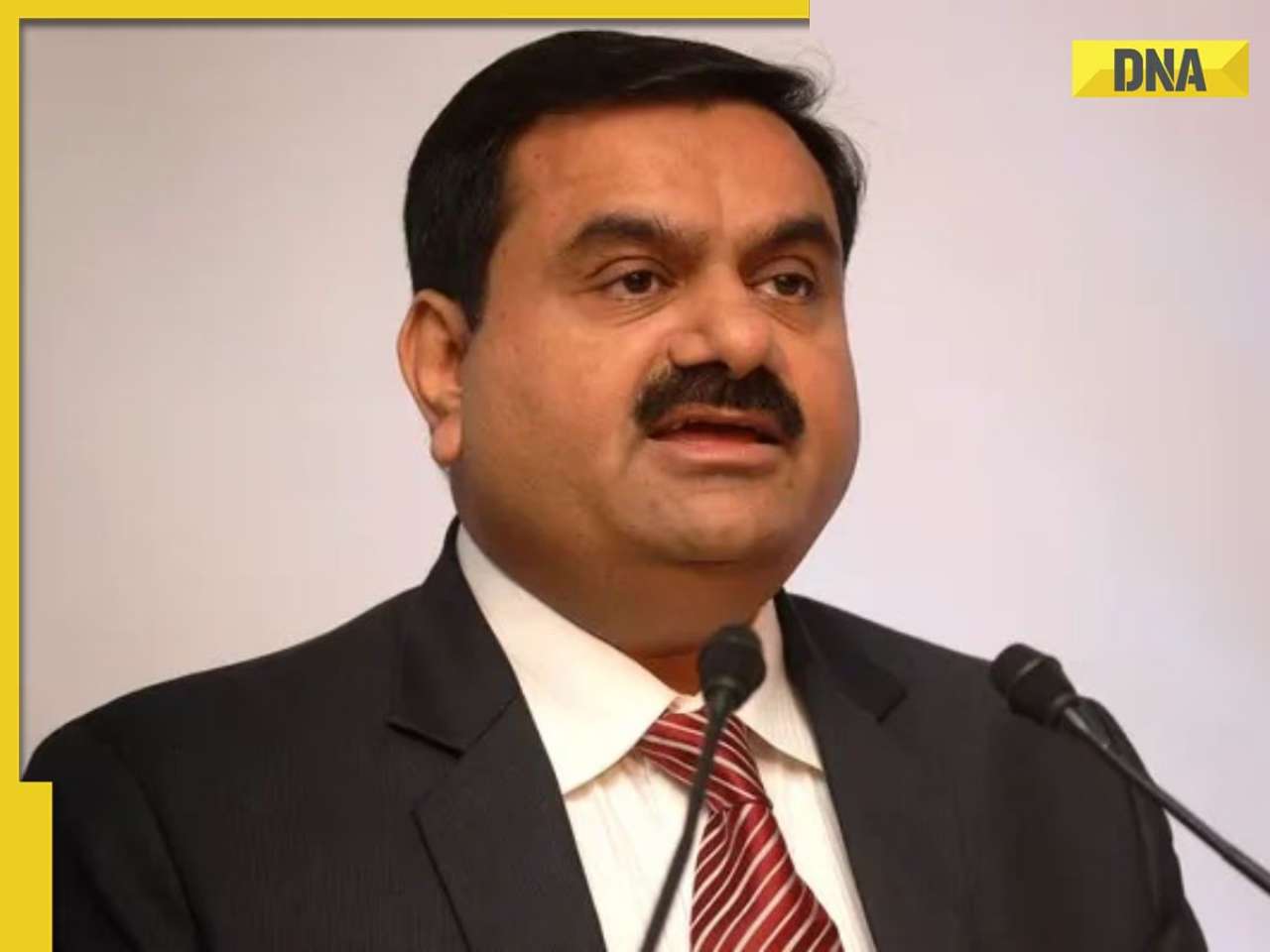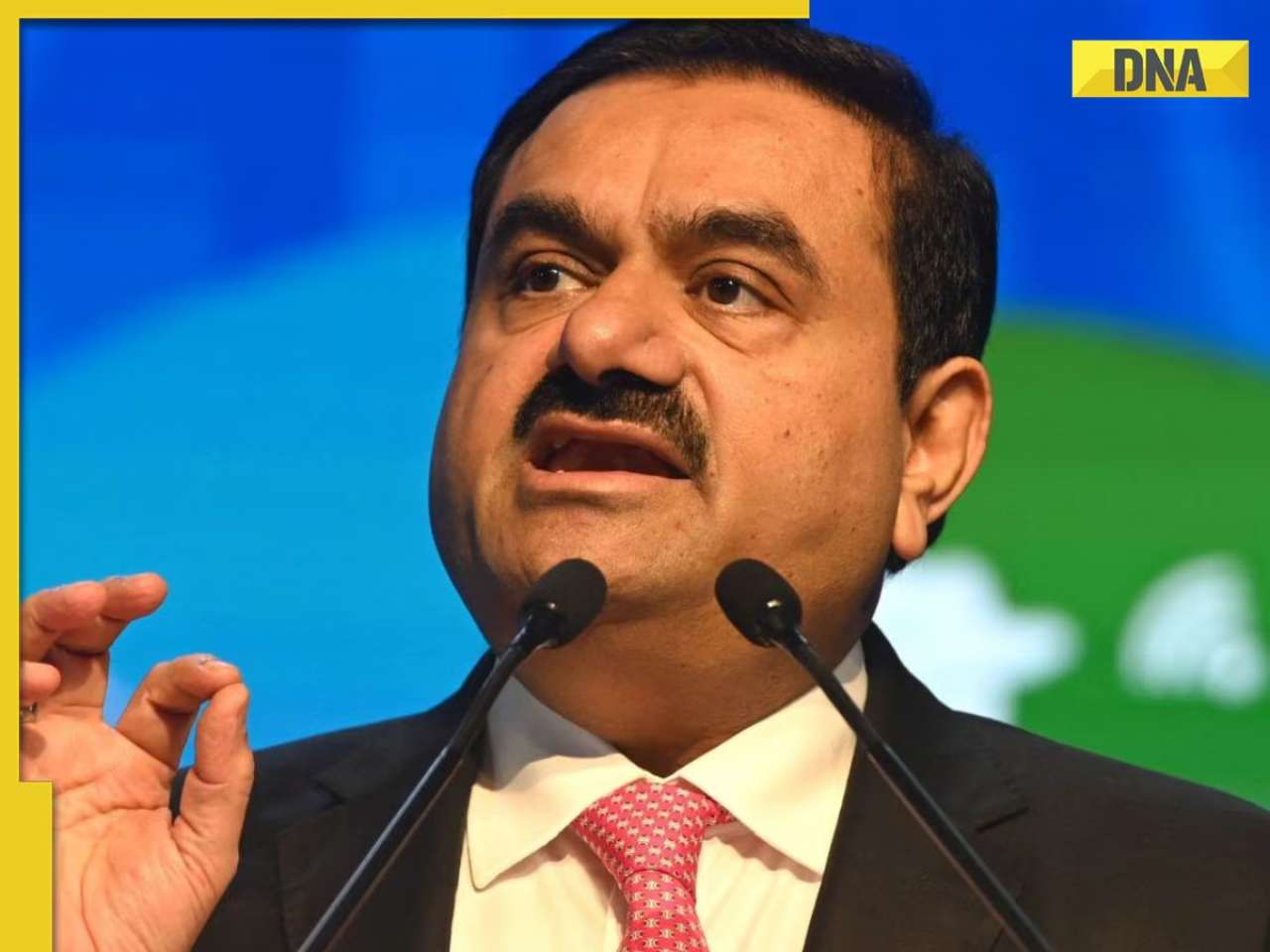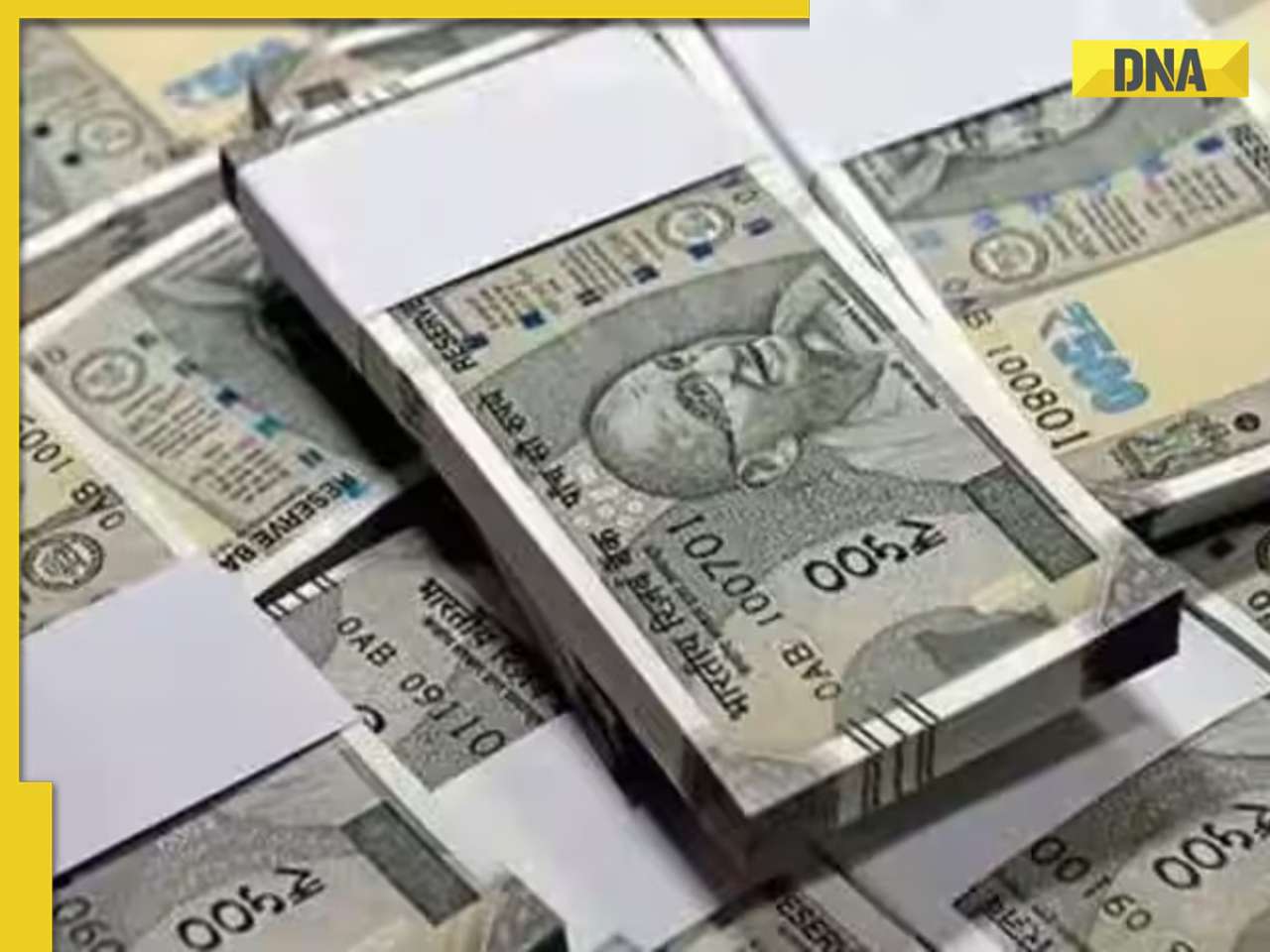- LATEST
- WEBSTORY
- TRENDING
PERSONAL FINANCE
Fighting the Financial Flu: Is #DebtFreeIndia possible in a debt crisis?
With personal debt soaring to Rs 30 trillion and MSME debt reaching Rs 70 trillion, the urgency for financial awareness and responsible borrowing has never been more critical.
TRENDING NOW
In the wake of a growing debt crisis, the #DebtFreeIndia movement emerges as a beacon of hope for individuals and MSMEs struggling with financial burdens.
With personal debt soaring to Rs 30 trillion and MSME debt reaching Rs 70 trillion, the urgency for financial awareness and responsible borrowing has never been more critical.
A debt crisis occurs when a country faces challenges in meeting its debt obligations, often due to excessive borrowing and insufficient revenue. In India, this crisis is characterized by soaring personal and MSME debts, leading to widespread financial instability and distress among individuals and businesses.
This article explores the causes and effects of the current debt crisis in India, strategies for overcoming it, and the role of financial, legal education and open conversation in achieving a debt-free future.
Explore the Causes and Effects of the Current Debt Crisis in India
India's debt crisis is not a sudden phenomenon; it is the result of various interconnected factors. The rapid expansion of credit, fueled by digital lending platforms and financial inclusion initiatives, has made borrowing more accessible than ever. While this has empowered many to pursue education, home ownership, and entrepreneurship, it has also led to irresponsible lending, borrowing and overspending.
The significance of the debt crisis in India cannot be overstated. With personal debt reaching ₹30 trillion and MSME debt at ₹70 trillion, the implications are profound. This crisis not only threatens individual financial stability but also poses risks to the overall economy, leading to reduced consumer spending and slower economic growth.
The consequences of this debt crisis are profound. Many individuals and families find themselves trapped in a cycle of debt, struggling to meet their financial obligations. The burden of debt not only affects economic stability but also takes a toll on mental health, leading to anxiety, stress, and strained relationships. As household debt reaches alarming levels, it is essential to understand the implications and take proactive steps towards financial recovery.
Is #DebtFreeIndia Possible? Strategies for Overcoming Debt in a Financial Crisis
Achieving a debt-free future in the midst of a financial crisis may seem daunting, but it is possible to lead a peaceful life with the right strategies. Here are some key approaches to consider:
Understand Your Financial Situation: Begin by assessing your current financial status, including all debts, income, and expenses. This will provide a clear picture of where you stand.
Create a Budget: Develop a realistic budget that prioritizes essential expenses while allowing for savings and debt repayment.
Educate Yourself: Invest time in learning about financial management, legal implications and consumer rights. Understanding concepts like interest rates, loan terms, and repayment strategies, which are proven remedies to more than 35 thousand plus Indians enrolled with SingleDebt, recovery agent illegal practices can significantly impact your financial decisions and day-to-day life.
Seek Professional Help: Don’t hesitate to reach out to financial experts like SingleDebt for personalized advice and support. They can provide valuable insights and strategies tailored to your situation.
Join the Movement: Engage with the #DebtFreeIndia community forum to share your experiences, learn from others trapped in debt and debt solution providing professionals. Together, we can create a supportive network focused on financial freedom, legal education and breaking the taboo with open conversations.
While the path to recovery may seem daunting, it is indeed possible to overcome the debt crisis with the right strategies and support systems in place. By focusing on financial literacy, responsible borrowing, and community support, individuals can regain control of their finances and work towards a debt-free future.
Economic Recovery, Debt Relief, and Crisis Management: Pathways to a Debt-Free India
The journey towards a debt-free India requires a multifaceted approach that addresses economic recovery, debt relief solutions, and effective crisis management strategies. Policymakers, financial institutions, and individuals must work collaboratively to create an environment conducive to financial stability and legal awareness.
Economic Recovery and Debt-Free Status
Achieving a debt-free status for India is a complex but attainable goal. Investing in financial literacy programs and promoting responsible borrowing practices are essential steps in this journey. By fostering a culture of financial awareness and legal education, we can empower individuals to make informed decisions and break free from the cycle of debt.
Debt Relief Solutions for Financial Recovery
For those struggling to manage their financial obligations, debt relief solutions are vital. One such option is debt consolidation, which involves combining multiple debts into a single loan with a lower interest rate. This simplifies repayment and reduces monthly payments, making it easier for individuals to regain control of their finances.
Another effective strategy is negotiating with creditors. Many creditors are willing to negotiate payment plans or settle debts for less than the full amount owed. However, open communication is key to successful negotiations. Organizations like SingleDebt offer tailored debt management solutions and counseling services to help individuals navigate these conversations and find the best possible outcome.
Crisis Management: Addressing Financial Stress
Managing financial stress requires a proactive approach that combines open communication, mindfulness techniques, and professional support. Discussing financial challenges with family members or trusted friends can help alleviate some of the emotional burden associated with debt. Additionally, practicing mindfulness through meditation or deep breathing exercises can help individuals manage stress levels and maintain a positive outlook.
In cases where financial stress becomes overwhelming, seeking professional help is crucial. This includes not only counseling to address underlying mental health issues but also accessing debt management support and legal advice. Organizations like SingleDebt provide comprehensive assistance, including anti-harassment support to protect individuals from aggressive debt collection tactics. By addressing both the emotional and practical aspects of debt, individuals can develop a holistic approach to crisis management and work towards a debt-free future.
Achieving a debt-free India requires a collaborative effort that combines economic recovery strategies, debt relief solutions, and effective crisis management techniques. By investing in financial literacy, promoting responsible borrowing practices, and providing access to tailored debt management support, we can create an environment that empowers individuals to break free from the cycle of debt and secure a financially stable future.
The Role of Financial Education in Combating the Debt Crisis
Financial education plays a pivotal role in combating the debt crisis. By equipping individuals with the knowledge and skills to manage their finances effectively, we can empower them to make informed decisions that lead to financial independence.
Workshops, online courses, and community initiatives focused on financial literacy can help individuals understand budgeting, saving, and responsible borrowing. The #DebtFreeIndia movement advocates for widespread financial education and open conversations as a means to create a financially literate and acceptable society.
The #DebtFreeIndia (DFI) movement, initiated by SingleDebt, aims to empower individuals and MSMEs trapped in debt. The movement focuses on promoting financial literacy, responsible borrowing, and creating a supportive community for those seeking to regain financial stability.
The Ripple Effect of Debt: How Financial Strain Affects Mental Health and Families
The impact of debt extends beyond financial statements; it affects the very fabric of families and communities. Financial strain can lead to significant mental health issues, including anxiety and depression. The stress of managing debt often results in sleepless nights and strained relationships, as financial worries take center stage in daily life.
Recognizing the signs of financial stress is crucial. If you find yourself constantly worrying about bills, avoiding conversations about money, or feeling overwhelmed by your financial situation, it may be time to seek help.
The #DebtFreeIndia movement by SingleDebt encourages open discussions about financial challenges, fostering a culture of support and understanding.
Building Financial Resilience: Key Steps to Navigate the Debt Crisis
Building financial resilience is essential for navigating the current debt crisis. Here are some key steps to enhance your financial stability:
Emergency Fund: Start building an emergency fund to cover unexpected expenses. Aim for at least three to six months' worth of living expenses.
Debt Management: Prioritize paying off high-interest debts first while making minimum payments on others. Consider debt consolidation options to simplify repayment.
Financial Education: Continuously educate yourself about personal finance. Knowledge is power, and understanding financial concepts can help you make informed decisions.
Mindful Spending: Adopt mindful spending habits by distinguishing between needs and wants. This can help you avoid unnecessary debt and prioritize savings.
Spending for Businesses and MSMEs
For businesses and Micro, Small, and Medium Enterprises (MSMEs), mindful spending is equally crucial. It involves scrutinizing operational expenses, optimizing resource allocation, and prioritizing investments that drive growth. Here are some strategies for businesses:
Evaluate Operational Costs
Prioritize Essential Investments
Implement Budgeting Practices
Leverage Technology
Debt Awareness: Recognizing the Signs of a Debt Crisis in Your Life
Awareness is the first step towards recovery. Recognizing the signs of a debt crisis in your life can help you take action before it spirals out of control. Common indicators include:
Inability to Pay Bills on Time: If you constantly struggle to meet payment deadlines, it may be a sign of financial distress.
Relying on Credit for Essentials: Using credit cards to cover basic living expenses is a red flag that your financial situation may be unsustainable.
Frequent Borrowing: If you find yourself taking out new loans to pay off existing debts, it’s crucial to reassess your financial strategy.
Join the #DebtFreeIndia Movement
The #DebtFreeIndia movement by SingleDebt is more than just a campaign; it is a call to action for individuals and communities to unite in the fight against debt. By joining this movement, you can contribute to a culture of financial awareness and support.
SingleDebt offers numerous benefits, including access to financial education, personalized debt management solutions, and a supportive community. To join, individuals can visit the SingleDebt website, participate in community forums, and engage with resources designed to help them on their journey to financial freedom.
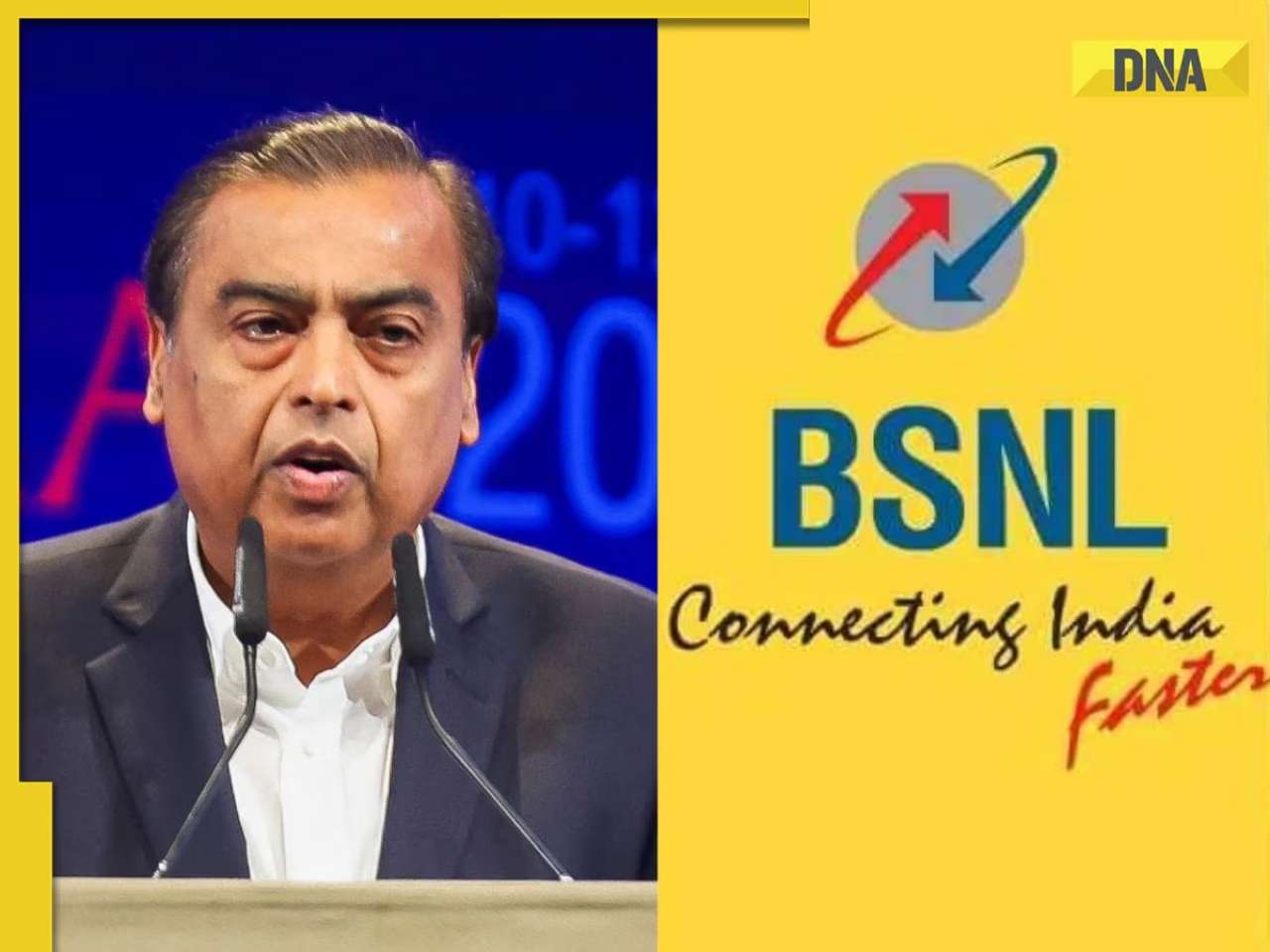
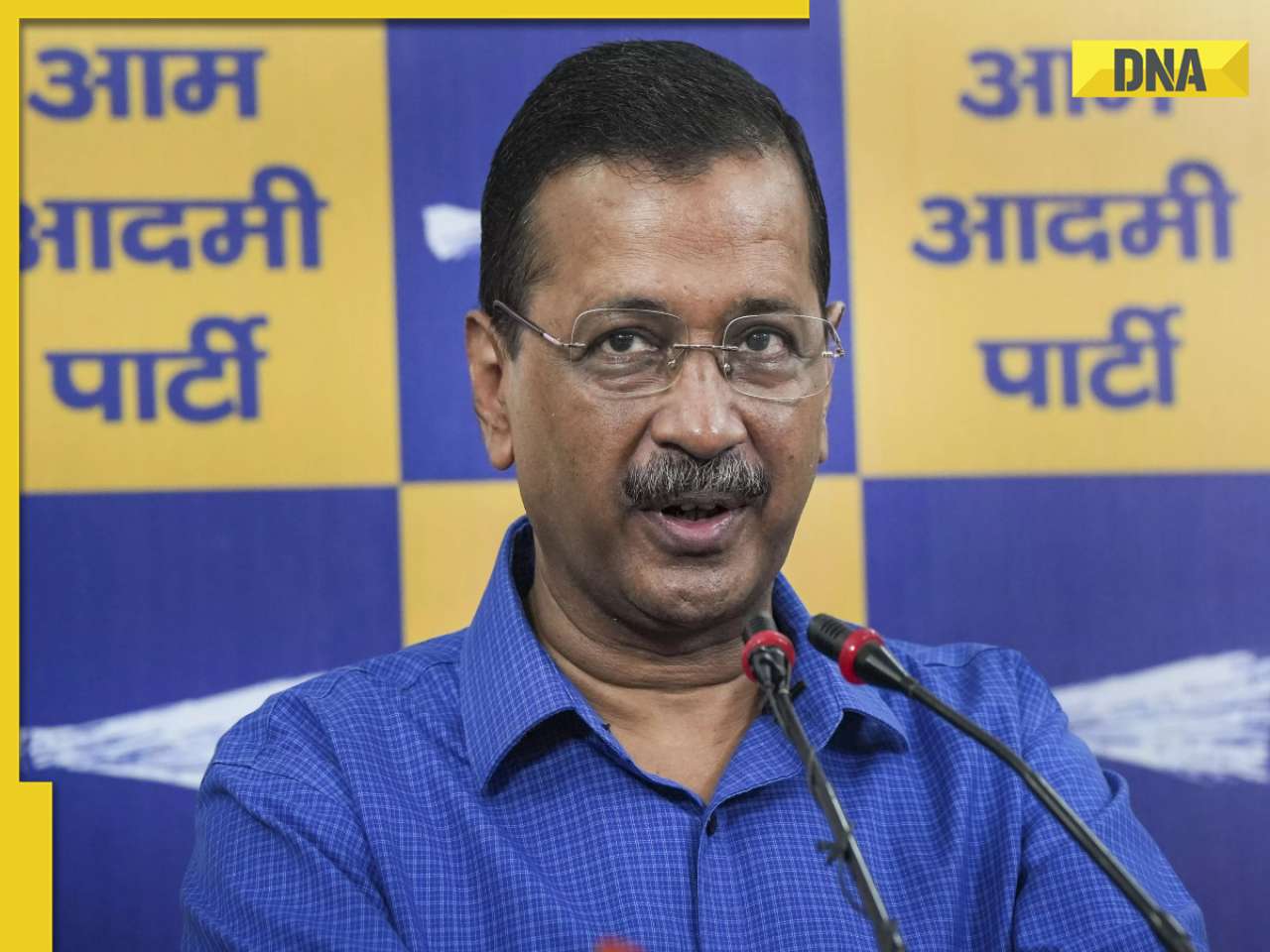
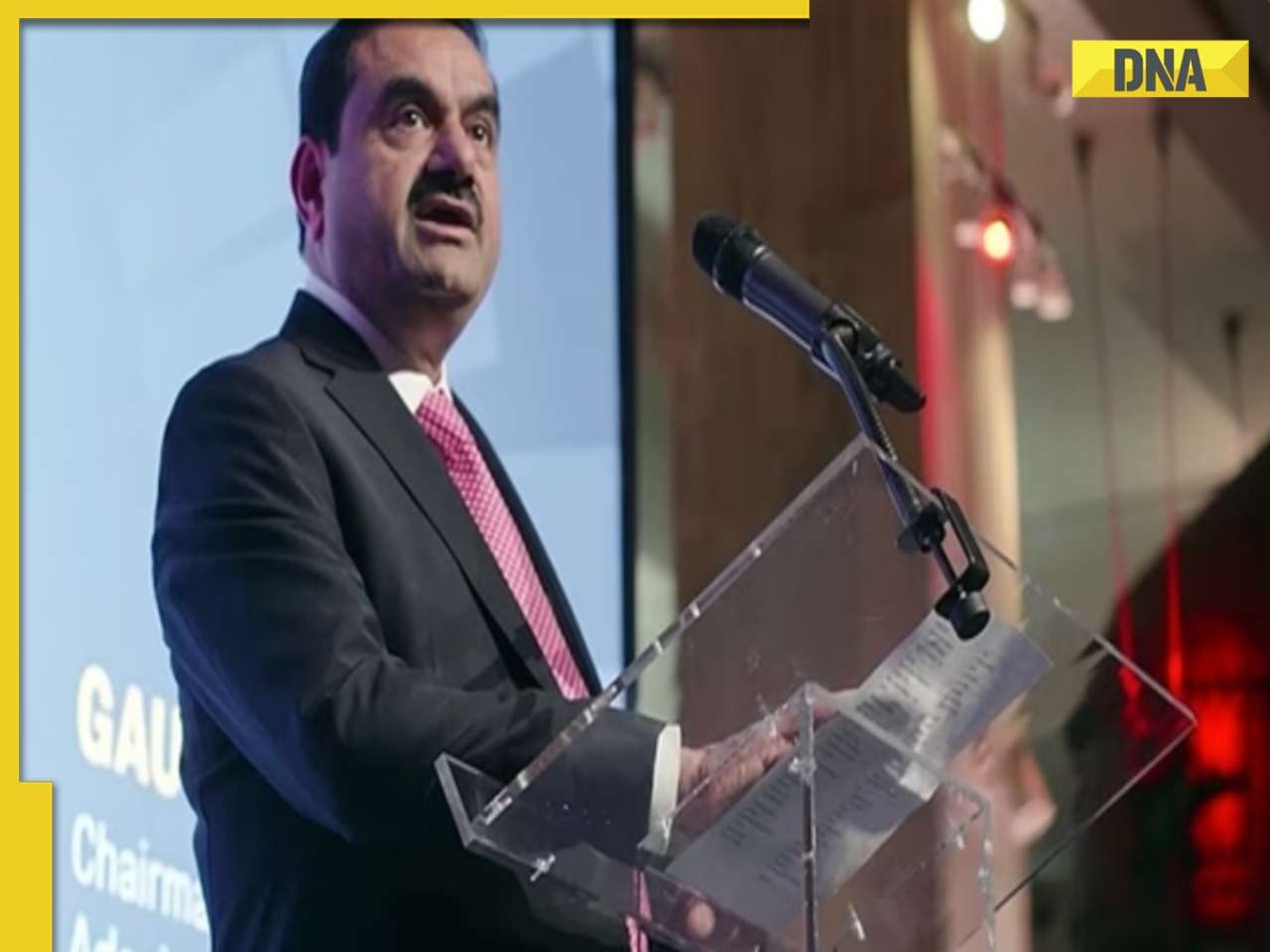




)
)
)
)
)
)
)
)
)
)
)
)
)
)
)
)
























